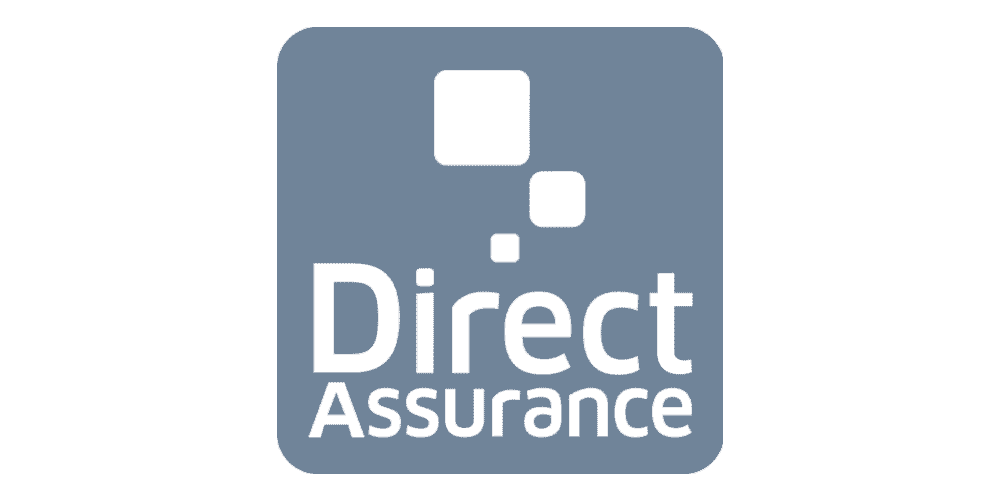Self-care: towards the enhanced customer and the liberated collaborator?
The evolution of consumer behavior as well as their expectations for a service that is increasingly personalized, available, and efficient has profoundly changed company strategies over time.
Thus, according to a survey conducted by the organization Forrester in 2019, “72% of customers prefer to find a solution to their problem independently rather than dealing with customer service. Self-care can no longer be ignored by companies, which must take into account the new needs of their consumers. Discover the stakes behind this new practice and the benefits you can hope to gain from it.
What is “digital self-care”?
Self-care, also known as digital care, refers to a set of interactive methods that allow clients or prospects to obtain information and instant answers to their questions, independently.
In practice, this involves providing online resources, support services, or collaborative spaces that enable internet users to:
Order easily, wherever and whenever they wish,
Find immediate and accurate answers to their requests or questions.
Self-care: what tools to implement?
As a spontaneous source of information for customers, self-care significantly alleviates contact centers.
Indeed, according to a Smart Tribune study from 2019, “more than 70% of questions/answers directed to a customer service and its contact center are automatable”! This is a significant figure that demonstrates that systematic intervention by customer service and an advisor can be supplanted by collaborative self-care tools.
But what solutions should be deployed to promote self-care? Here are some potential answers.
FAQs (frequently asked questions) are one of the most widespread solutions for digital self-care. Increasingly fast and user-friendly, they have become a dynamic and intelligent tool available to consumers that gathers all the most common questions and answers in a dedicated space. Anyone can access the information they want in real-time and at the right moment. This practice thus allows for providing clients with content that is constantly available, answering the majority of their inquiries.
In addition to self-care, there are “mutual care” tools that rely on the mutual assistance that internet users offer each other: forums and community chats, supported by volunteer advisors who assist clients seeking information based on their own experiences.
Finally, the chatbot, this conversational agent that communicates with users in natural language based on libraries of questions and answers, is also, for self-care, a first-rate virtual assistant. Its use has become widely democratized, allowing for the handling of numerous user requests. A study conducted in 2017 by Chatbots Magazine* shows that companies implementing conversational solutions like chatbots can reduce customer service costs by up to 30%.
The virtues of self-care tools
At a time when competition is becoming increasingly fierce, a company's ability to engage with new digital trends is key!
The process is simple: if organizations provide a smooth service that meets expectations, customer satisfaction improves and loyalty strengthens. This applies to both information searches and complaint handling. Thus, by constantly offering available tools, brands prioritize efficiency and immediacy. They meet their customers' expectations, but they also resort to more efficient and less costly methods. The abandonment rate sees a considerable drop, and agents, free from repetitive and time-consuming tasks, can focus on higher-value missions.
Thus, ensuring a quality customer experience is an integral part of a company's offering, especially since customers are becoming increasingly volatile. Self-care is therefore the first step towards a better client benefiting from resources to find answers to their requests, and towards a freed advisor focused on higher-value-added tasks.
Boost your customer experience with the solutions offered by ViaDialog!
ViaDialog offers a complete range of solutions for optimal management of your client interactions. Discover our solutions for managing customer relationship flows as well as our voicebots for automating exchanges in natural language to continuously improve your users' experience. Get in touch with our experts without delay for a detailed demonstration.
* Chatbots Magazine, “Can Chatbots Help Reduce Customer Service Costs by 30%?”, 2017























